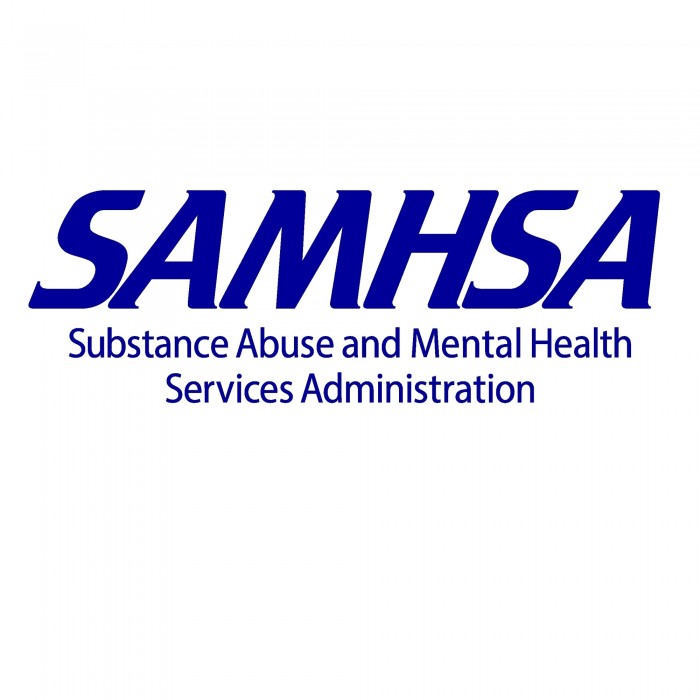In 2008, the Substance Abuse and Mental Health Services Administration (SAMHSA) published the ACT Evidence-Based Practices KIT (hereinafter referred to as SAMHSA’s 2008 ACT Toolkit), a toolkit to help mental health agencies and teams implement ACT. The toolkit also includes information on fidelity: the extent to which an intervention is delivered as conceived. Both the toolkit and fidelity tools have received widespread use throughout the United States, and ACT principles remain consistent with the 2008 publication.
However, there is growing interest in extending ACT to certain populations and settings, including youth, justice-involved clients, immigrants and refugees, and rural communities. Driven by a need to deliver contextually responsive and culturally relevant services, these extensions often necessitate modifications, making it especially important to monitor fidelity. Research consistently demonstrates that higher fidelity to the ACT model produces better outcomes.
This follow-up and companion product Maintaining Fidelity to ACT: Current Issues and Innovations in Implementation reviews ACT principles, summarizes contemporary issues impacting ACT teams, and examines aspects of ACT implementation when extending the model to specific populations and settings. The goal of this guide is to ensure continued efficacy of ACT by reaffirming its principles while promoting awareness of new developments that providers may want to consider when implementing the model.
RCPA will be following up with the Office of Mental Health and Substance Abuse Services (OMHSAS) on the implementation and the integration of the new toolkit. If you have any questions, please contact RCPA Policy Director Jim Sharp.

















